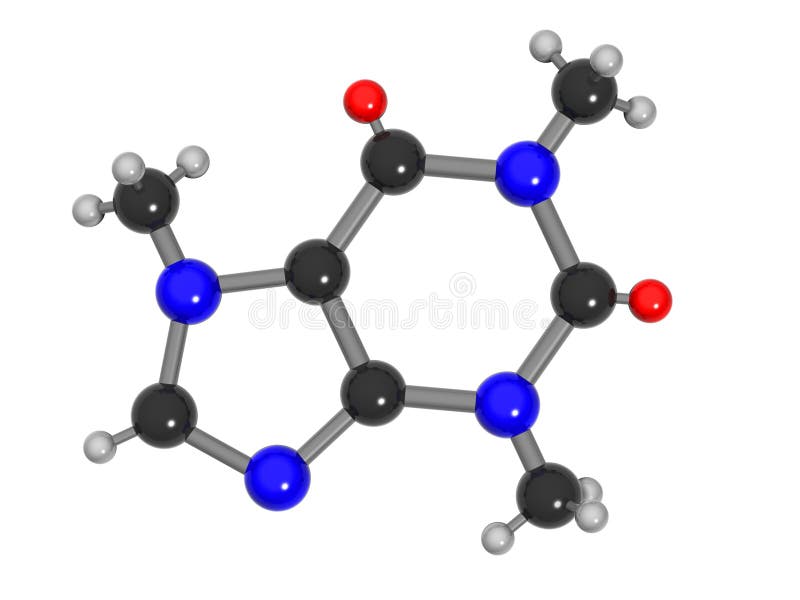
Medical News Today has strict sourcing guidelines and draws only from peer-reviewed studies, academic research institutions, and medical journals and associations. This can help the body to regulate itself, and reduce the need for stimulants like caffeine. People who need coffee or tea to wake up every morning may be unwittingly compensating for sleep issues.ĭevelop a regular sleep schedule by going to bed and waking up at around the same times each day. It may also help to practice relaxation techniques before bed, such as gentle yoga or breathing exercises.Ĭaffeine can be a helpful stimulant, but excessive consumption can mask underlying sleep disorders. If someone suspects that their caffeine intake is causing sleepless nights, they should lower their consumption until they determine the right limit. What to do when too much caffeine disrupts sleep? Most adults can safely consume 200–300 mg per day, and exceeding this amount can lead to sleep issues. The drug can linger in the body and may have subtle consequences, even after the noticeable effects have worn off.Ĭaffeine can lead to sleep of a lesser quality and even disrupt sleep patterns, depending on a person’s sensitivity and how much they have consumed. The overall effects of caffeine can last throughout the day.


The duration of the drug’s effects depend upon the dosage and on personal factors, including age, body weight, and how sensitive a person is to caffeine. However, for someone who is very sensitive to caffeine, effects may persist for hours or until the next day. These symptoms tend to go away as the caffeine starts to break down.Īs the body becomes resistant to the drug, people who regularly consume caffeine may barely notice its effects. Most people notice the strongest effects during this time, and many report feeling jittery, needing to urinate, and having sudden bursts of energy.

They are then quickly metabolized by the liver. Levels of caffeine peak in the blood within about 15–45 minutes of consumption. Someone who consumes 40 milligrams (mg) of caffeine will have 20 mg remaining in their system after 5 hours. Share on Pinterest Caffeine may have a greater effect on people who are sensitive to it.Ĭaffeine has a half-life of about 5 hours.


 0 kommentar(er)
0 kommentar(er)
